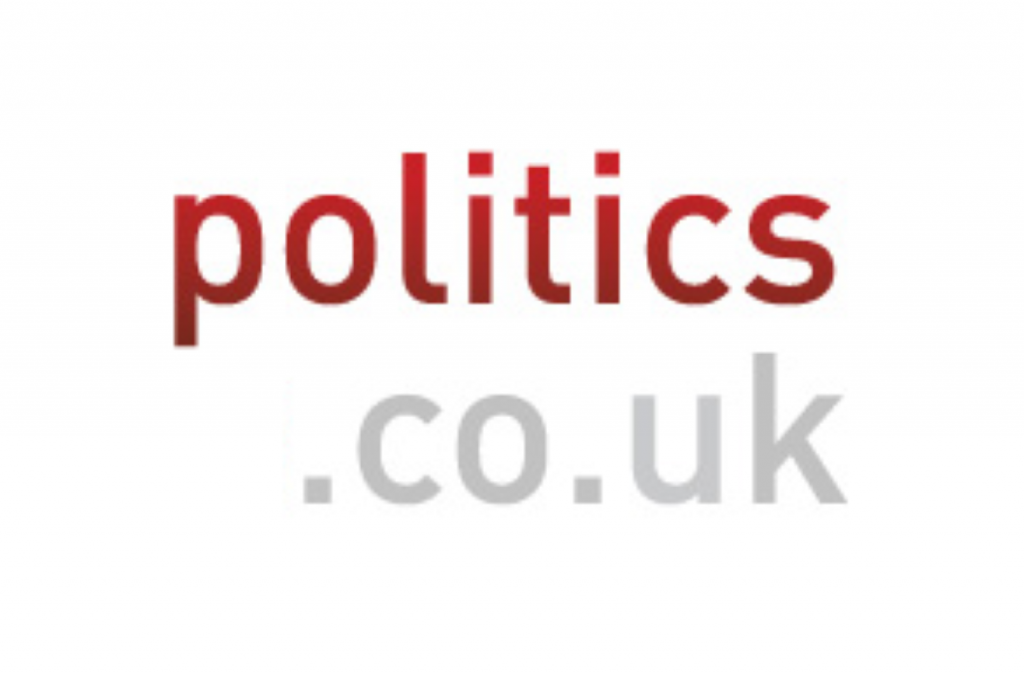Brown underlines deregulatory agenda
Chancellor Gordon Brown last night set out a “new trust” between business and “humble” government over tackling regulation.
Mr Brown told business leaders he was keen to bring about a “new model” for business regulation that focused on “no inspection without justification.”
Earlier, the Government had set out its deregulatory agenda in the Queen’s Speech. The Regulatory Reform Bill contained plans to streamline regulatory structures, remove unnecessary red tape, and to rationalise the power of private sector regulators.
Speaking to the Confederation of British Industry’s annual dinner, Mr Brown acknowledged there had been several “false starts” by governments seeking to axe bureaucratic waste, but added that New Labour’s third term of office was premised on “a new relationship with business”, recognising how wealth was created in Britain


“I propose not simply a new approach to regulation but to build a new trust between business and government founded on the responsible company, the educated consumer and government more humble because it is well aware of its limitations,” he said.
Regulators would now be focusing on “rogue”, “bad” traders who infringed upon the law rather than those that abided by it, Mr Brown said.
John Cridland, CBI deputy director general, welcomed the reference to “so many false starts” as that was the sentiment coming out of the business community.
Mr Brown also underlined the Government’s opposition to the 48-hour working week, and called for a “truly national consensus” on European economic reform.
The Chancellor highlighted the threat posed to the UK economy by the sluggish eurozone and urged Europe to embrace reforms to meet global challenges.
“As we look ahead to the rest of 2005, the latest risk is low economic growth in Europe – one per cent below what was expected a year ago – particularly low in Germany, our largest export market in the euro area,” he said.
“Because 50 per cent of our trade is with Europe, Britain must and will promote labour, product and capital market reform in Europe.”
The Government intends to use its presidency of the EU to promote its proposals to liberalise the single market and improve the dynamism of the European economy.
And Mr Brown wants a cross-party committee of MPs, initially set up to advise him on the euro, to help to build agreeement about EU economic reform.
“We will push forward our proposals to liberalise the single market and make the European economy more dynamic,” he said of Britain’s forthcoming EU presidency.

